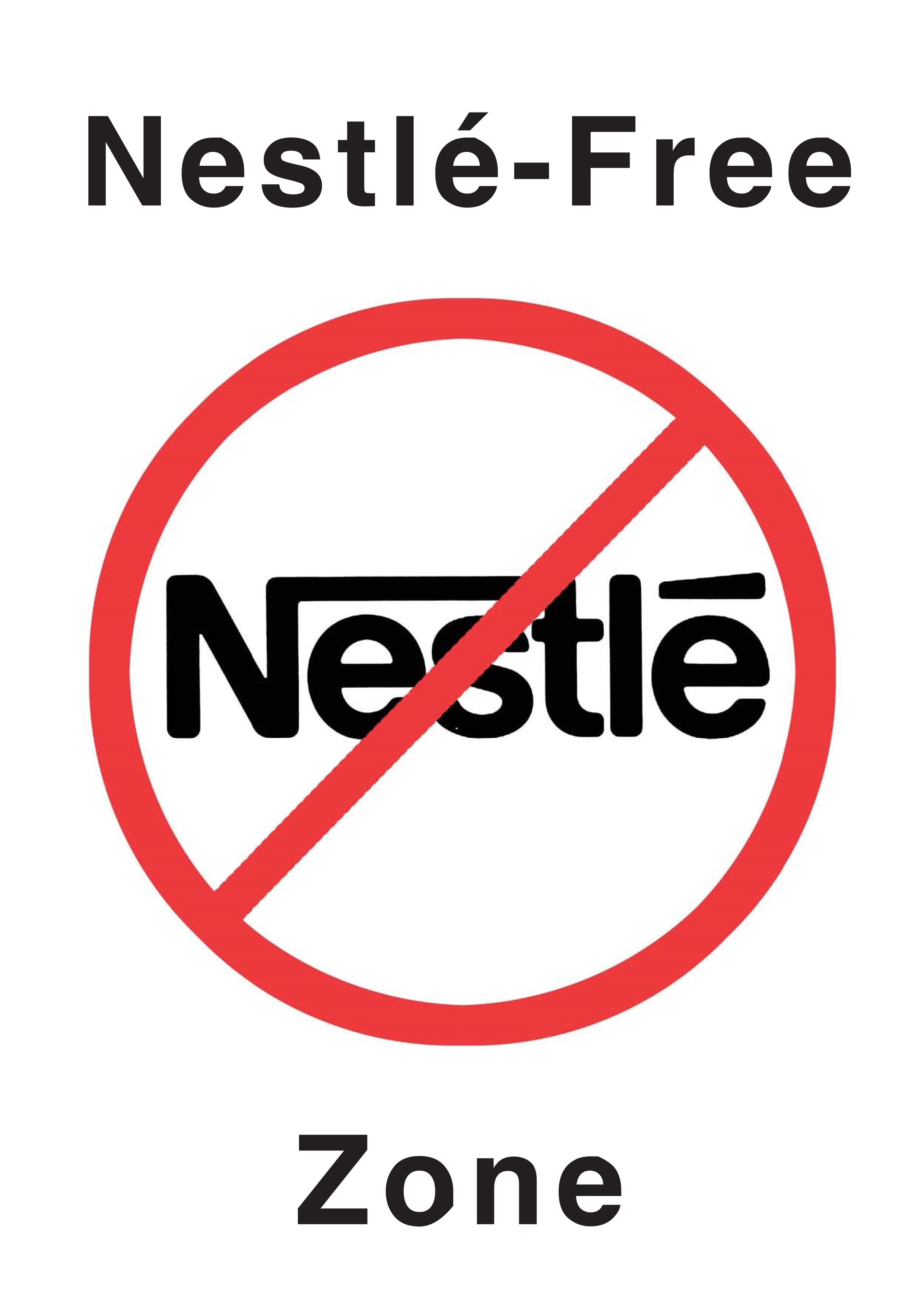Perspective: Should Exclusive Breastfeeding Still Be Recommended for 6 Months?
Pérez-Escamilla R, Buccini GS, Segura-Pérez S, Piwoz E.
Adv Nutr. 2019 Nov 1;10(6):931-943.
Abstract
The WHO recommends exclusive breastfeeding of infants for the first 6 mo of life (EBF-6). We reviewed the evidence behind concerns related to this recommendation. The risk of iron deficiency among EBF-6 infants can be significantly reduced if delayed cord clamping is performed in all newborns. At the moment there is no population-level evidence indicating that exclusive breastfeeding for 6 mo compared with <6 mo increases the risk of developing food allergies. Mild to moderate maternal undernutrition may reduce amounts of some nutrients in breast milk but does not directly diminish milk volume. Persistent reports of insufficient milk by women globally are likely to be the result of lack of access to timely lactation counseling and social support rather than primary biological reasons. All newborns should have their growth, hydration status, and development carefully monitored. In instances where formula supplementation is required, it should be done under the guidance of a qualified provider taking into account that early introduction of breast-milk supplements is a risk factor for early termination of exclusive breastfeeding and any breastfeeding. We found no evidence to support changes to the EBF-6 public health recommendation, although variability in inter-infant developmental readiness is recognized. We suggest that infant and young feeding guidelines make clear that complementary foods should be introduced at around 6 mo of age, taking infant developmental readiness into account.
A teljes cikk az Advances in Nutrition oldalán olvasható.

